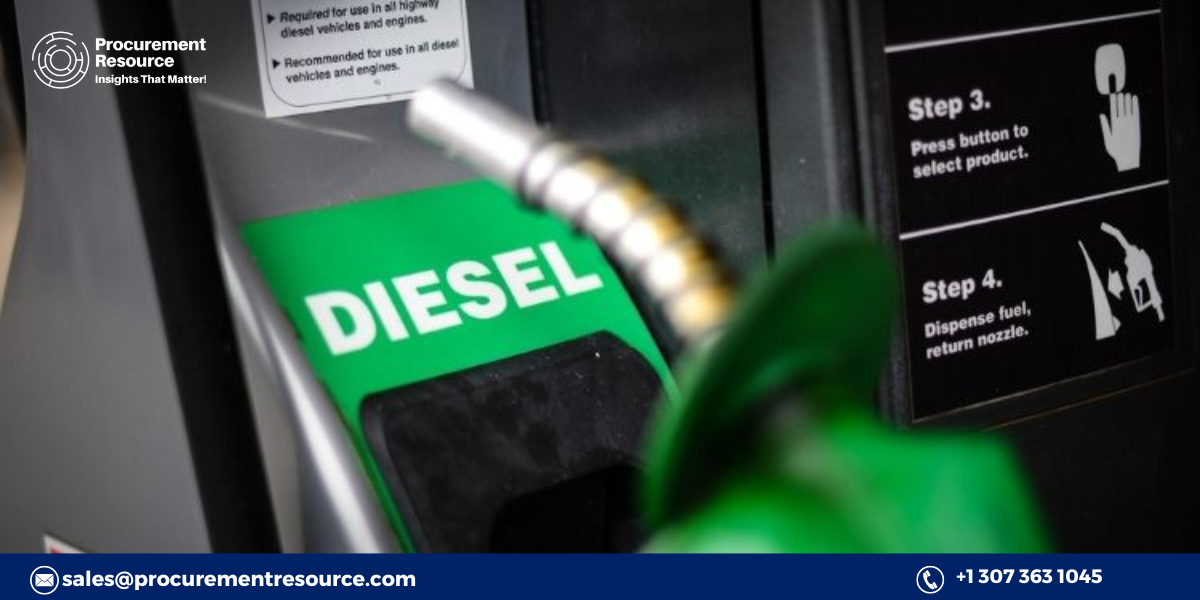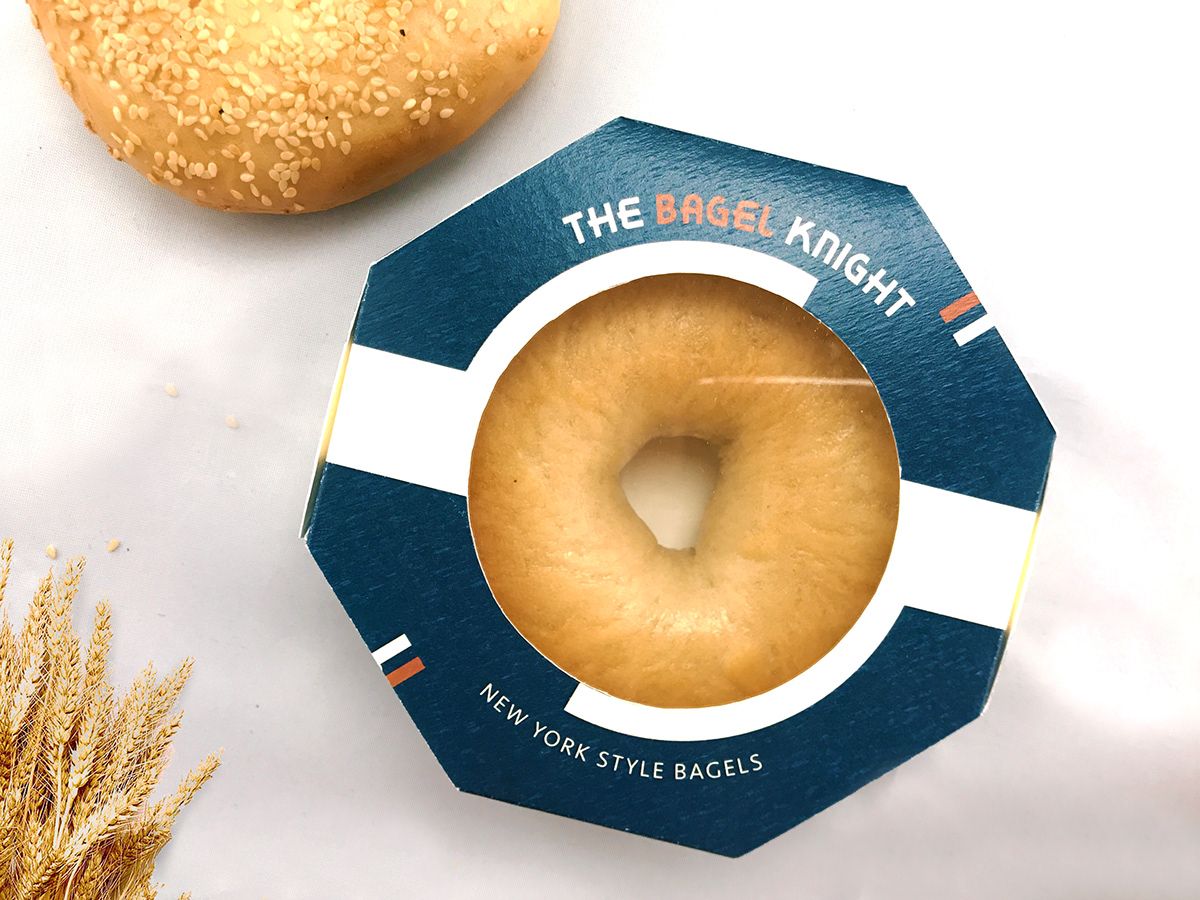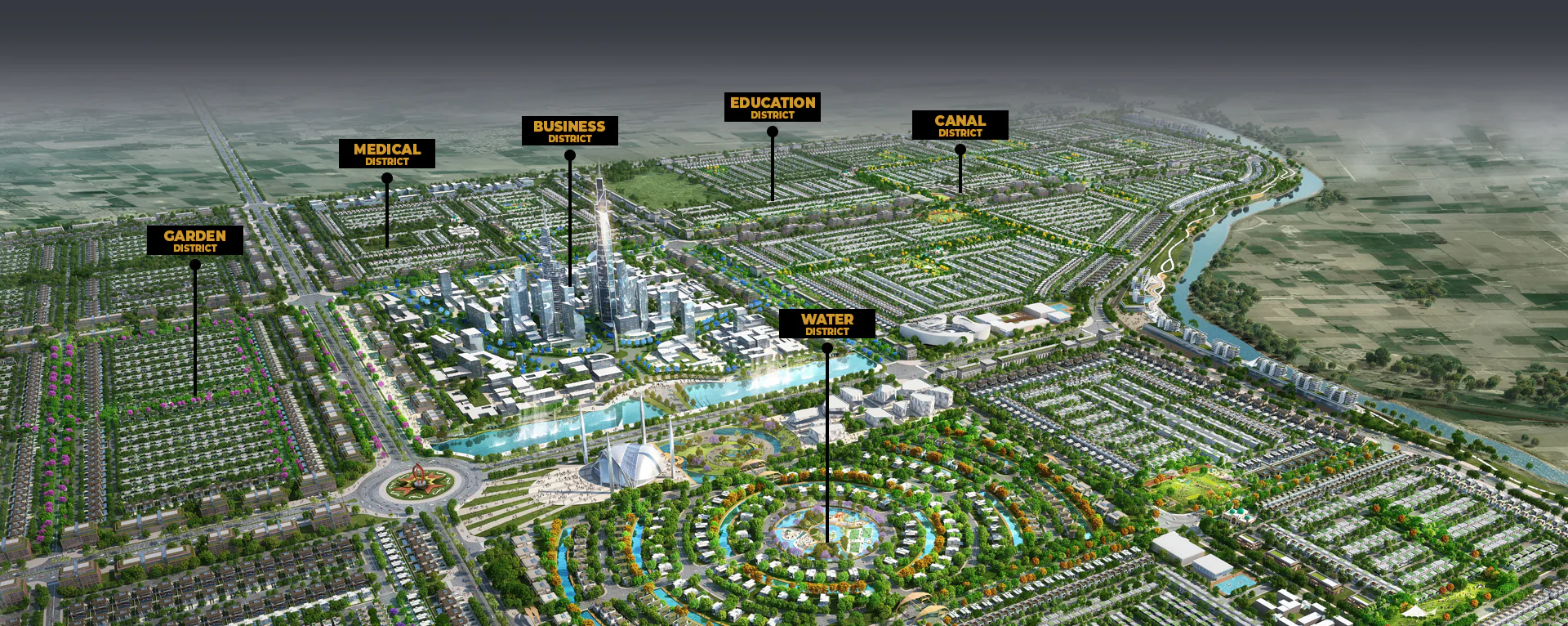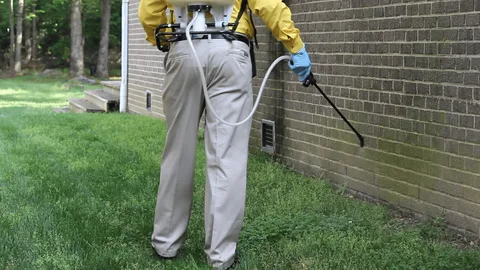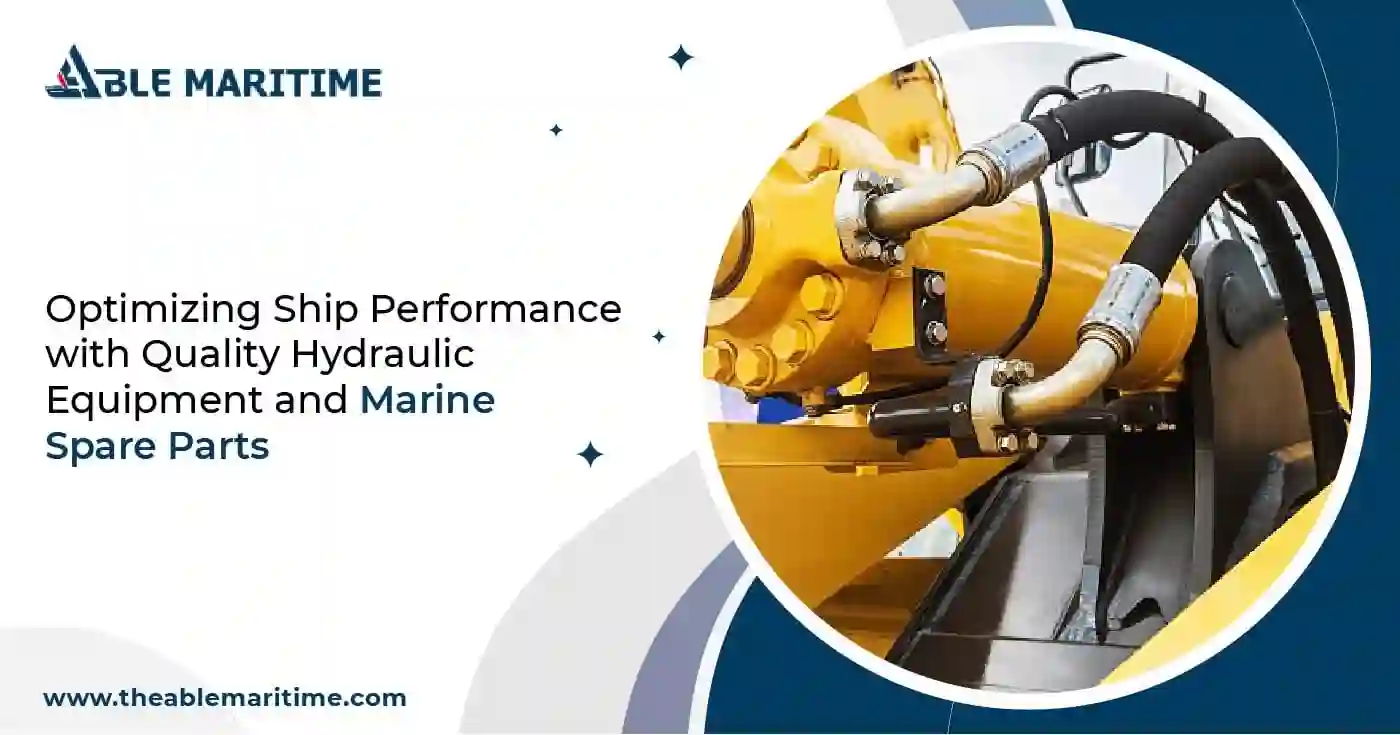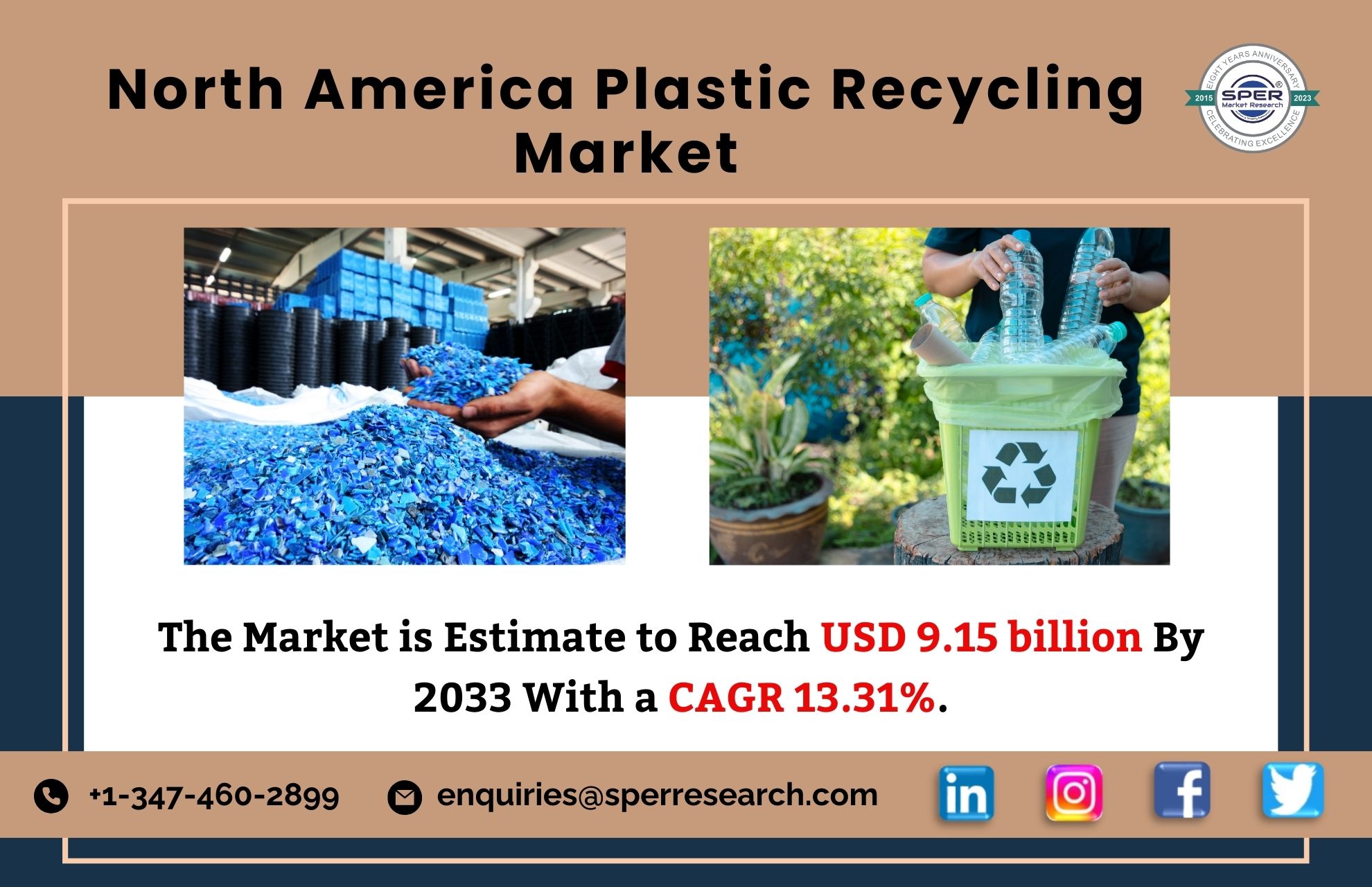Welded wire mesh is an essential material used in various industries such as construction, agriculture, and fencing. With its strong, durable, and flexible properties, welded wire mesh has become a versatile solution for numerous applications. However, choosing the right welded wire mesh for your project can be challenging, given the wide variety of options available. In this blog, we’ll explore the 5 key factors to consider when choosing welded wire mesh, ensuring you make the best decision for your specific needs.
1. Material Type and Coating
One of the most critical factors when selecting welded wire mesh is the material used to construct it. Welded wire mesh is typically made from steel, but the specific type of steel and its coating can greatly impact its performance in different environments. For example, galvanized welded wire mesh is coated with zinc to provide protection against rust and corrosion, making it ideal for outdoor use and areas exposed to moisture. In contrast, stainless steel welded wire mesh offers even greater corrosion resistance and is preferred in applications that demand high durability and resistance to chemicals.
Choosing the right material and coating for your project depends on the environmental conditions and the mesh’s purpose. If you’re looking for a long-lasting solution for outdoor fencing or construction, galvanized or stainless steel wire mesh would be an excellent choice.
2. Mesh Size and Wire Diameter
Understanding the welded wire mesh specification is crucial in making an informed decision. Two important specifications are the mesh size and the wire diameter. Welded wire mesh sizes refer to the spacing between the wires, which can vary depending on the application. For example, smaller mesh sizes are often used for filtering or securing small animals, while larger mesh sizes are ideal for heavier-duty applications such as construction or gabion structures.
Similarly, wire diameter affects the strength and durability of the mesh. Thicker wires provide greater tensile strength, making them suitable for high-load-bearing applications. On the other hand, thinner wires are often preferred for lighter tasks, such as garden fencing or poultry enclosures. When choosing welded wire mesh, it’s essential to match the mesh size and wire diameter to the specific requirements of your project.
3. Application and Purpose
The intended use of the welded wire mesh plays a significant role in your selection process. The mesh you choose should match the demands of the application, whether it’s for structural support, safety barriers, or reinforcement. For example, in construction, welded wire mesh is commonly used for concrete reinforcement and fencing. For such purposes, it’s crucial to select a mesh that offers both durability and strength, ensuring the project remains safe and secure.
Additionally, when comparing woven wire mesh vs welded wire mesh, it’s essential to understand that welded wire mesh is generally stronger and more rigid due to the welding process that fuses the intersecting wires. This makes it better suited for heavy-duty applications, whereas woven wire mesh, which is more flexible, might be a better option for filtering or lightweight uses.
4. Durability and Resistance
Durability is another critical factor when choosing welded wire mesh. The environment in which the mesh will be used greatly affects the level of resistance needed against wear and tear, corrosion, and external factors. For example, projects in coastal areas or regions with high humidity will require a mesh with excellent corrosion resistance, such as galvanized or PVC-coated welded wire mesh.
Additionally, welded wire mesh designed for heavy industrial use must be able to withstand high pressure and impact. Durability also ensures that the mesh requires less maintenance and fewer replacements over time, making it a cost-effective solution for long-term projects.
5. Supplier and Quality Assurance
Choosing a reliable welded wire mesh supplier in UAE or any other region is essential to ensure you receive high-quality materials that meet the required specifications. Reputable suppliers often provide certification and quality assurance, guaranteeing that the mesh will perform as expected in demanding applications. Partnering with a trusted supplier can also give you access to expert advice on choosing the best materials, coatings, and sizes for your project.
When purchasing from a welded wire mesh supplier, be sure to verify the product specifications, material quality, and adherence to industry standards. This will ensure you receive a durable, high-performance product that will stand the test of time.
Conclusion
When deciding how to choose welded wire mesh, it’s important to consider factors like material type, mesh size, application, durability, and the supplier. By carefully evaluating these aspects, you can select the most suitable welded wire mesh for your specific project needs. Whether you’re working on construction, agriculture, or industrial projects, the right choice will enhance the strength, safety, and longevity of your work. Be sure to consult with a reliable supplier and prioritize quality to ensure long-term success.
For more information on welded wire mesh sizes and specifications, check out our product page to explore the best options for your project!
Also You Can Read: https://chemhubglobal.com/


